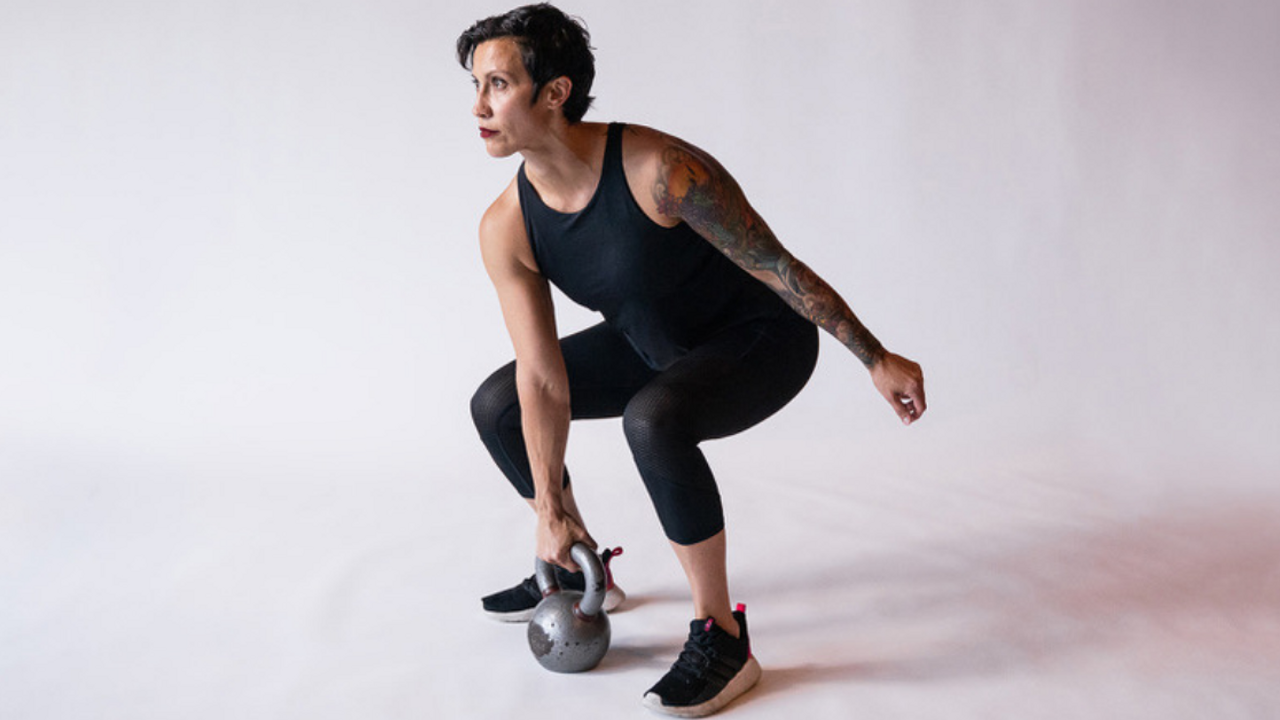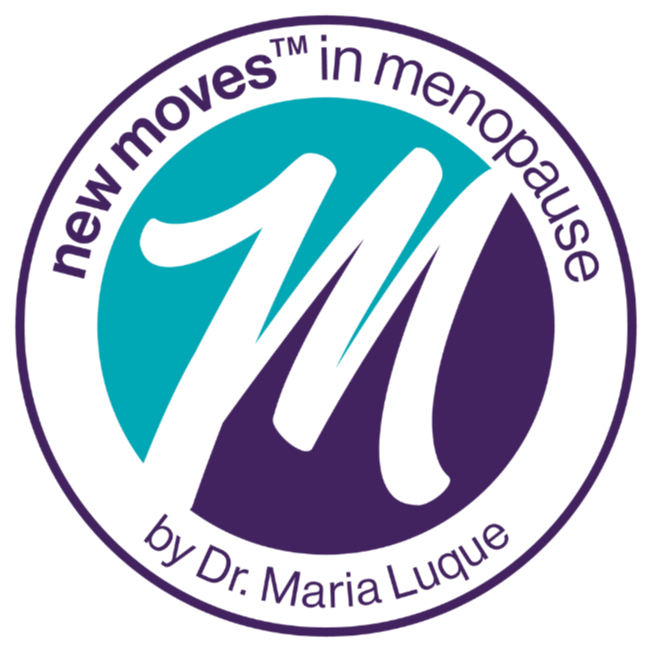Menopause Fitness Moment: Exercise & Menopause
Feb 15, 2020
Menopause is bad.
Exercise is good.
More exercise is the solution!
Is that it?
It’s not quite that simple, although most things you will read will tell you that any form of physical activity is helpful. There is a lot of truth to it. Physical activity at any age is beneficial and for women during midlife exercising carries additional substantial health benefits. The menopausal transition is associated with many health risk factors such as the increased risk for cardiovascular disease, osteoporosis, decreased bone mineral density, metabolic syndrome, and musculoskeletal symptoms. Exercise prescriptions for those health risks are the same as for non-menopausal women.
However, according to my research, not all forms of physical activity are of equal benefit in helping with menopause symptoms. In fact, some forms of exercise can exacerbate certain types of symptoms such as hot flashes and insomnia.
I believe that it is important to pick the type of exercise depending on your symptoms rather than just exercise to exercise.
So how do you know which exercise is best for you? You start by reading this post :)
When selecting any type of exercise, you should focus on the symptoms that are bothering you the most. Disregard the general advice that you should just work out more and everything will be ok. There is nothing “average” or “general” about menopause symptoms. Every woman experiences menopause differently. So do you think that if you suffer mainly from hot flashes and memory loss you should have the same workout as someone with musculoskeletal issues or insomnia? Doesn’t sound right, does it? It’s because it’s not. There is scientific evidence that shows that certain exercises have specific benefits on specific symptoms.
Often only the benefits of exercise are highlighted but it is important to know that exercise can also be stressful on the body. Did you know that:
Too much exercise and/or intensity can:
- Decrease sleep quality and length, which in turn is correlated with adverse physiological and psychological outcomes
- Increase circulating cortisol levels, which can lead to increased abdominal fat (read last week’s post for more info on this)
- Have negative effects on thermoregulation as it causes substantial increases in metabolic heat production and core temperature
- During exercise, metabolic heat production can increase by ten to twenty-fold and recent studies suggest that hot flashes are triggered by small elevations in core body temperature
For menopausal women, moderate-intensity appears to have the most benefits
- Highest menopause-specific quality of life
- Lowest number of symptoms
- Increased sleep, energy, confidence, mood
The following exercise guidelines are specific to helping you with your menopause symptoms as well as increased quality of life throughout the menopausal transition.
Type of Exercise
- Endurance/aerobic training best for increased sleep
- Strength training for body image, strength, body aches
- Yoga for vasomotor (VMS) symptoms and overall menopause-specific quality of life (Hatha yoga for cognitive function (memory, concentration)
- Walking at ~3-3.5 mph for anxiety and depression
Best duration & intensity of exercise
- Moderate Intensity (60-70% Target HR)
- Min. 3 x week (more days = decreased severity of symptoms)
- Programs lasting at least 12 weeks
Keep in mind these special considerations for best results
- Keep body core temperature at your comfort level to avoid increases in VMS
- Focus on activities that are enjoyable to you. Forcing yourself through a workout regimen that you dislike can have negative effects on your quality of life. I hear too many people say: “I think I should run more” and my question to them is “Why? Do you like running?”. “No, but it’s good for you”. Really? Is it? I don’t believe in doing things just because someone said they’re good, especially in regards to exercise. If you don’t like it, you won’t stick to it. It’s as simple as that. And when it comes to working out, consistency is the key. So find activities that you truly enjoy. Not only will you continue doing them and reap the physical and mental benefits but doing things you love will help you reduce stress and keep off that unwanted belly fat.



